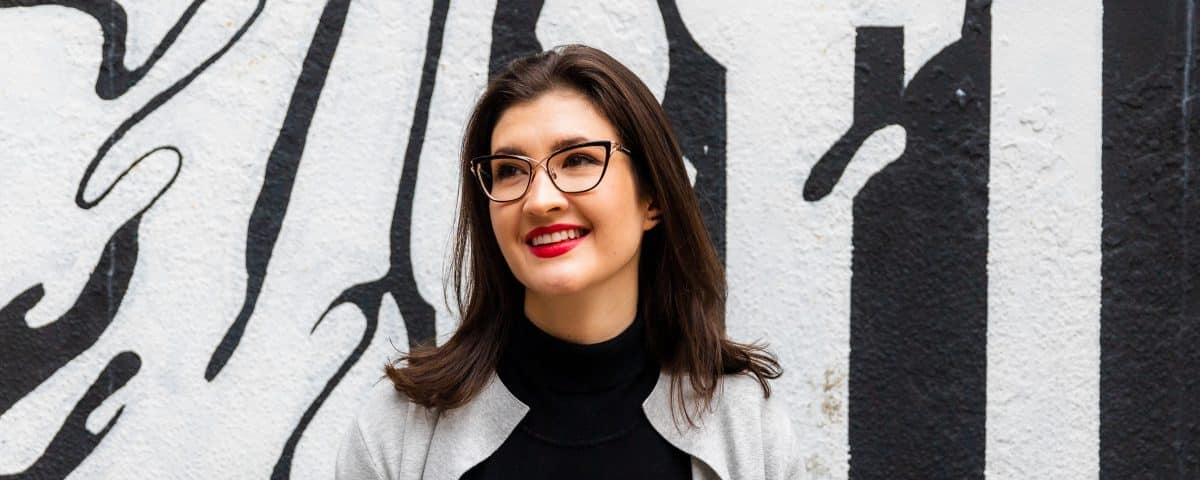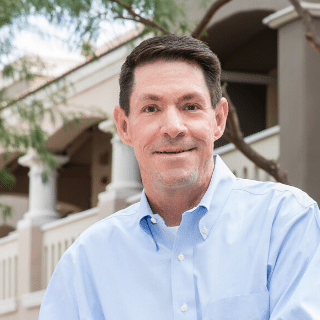No one has waited longer: Trailblazing female pilot Wally Funk will go to space with Bezos
July 1, 2021India’s market expansion will now support more rapid scale-ups
July 7, 2021By Verne Harnish
When Tatiana Soldatova and her business partner, Danny Tseng, started their Toronto-based architecture and interior design firm Syllable in 2018, they set their prices as aggressively as possible, so they could get a toehold in their industry. “Architecture is a very old career path,” says Soldatova. “There are a lot of veterans in the industry. When you’re coming in new, you have to claw your way to the top.”
But as the firm grew to 12 people, that approach was leading to challenges. “We always had a cash-flow problem,” says Soldatova.
Fortunately, their team began implementing the ideas she read in Scaling Up: Rockefeller Habits 2.0 in 2019 and turned the situation around. Meanwhile, the company managed to grow revenue to $650,000 that year and $1.2 million in 2020. Soldatova and Tseng hope to hit $1.25 million this year.
Here is how they did it, with the help of their Scaling Up Certified Coach Bill Gallagher.
Put “Cash” front and center
Realizing it would be impossible to scale until they conquered their cash-flow problems, Soldatova and Tseng made it their mission to turn the situation around. One key step was raising their rates by 50% over what they charged in 2018. “We weren’t valuing ourselves properly,” says Soldatova. They began creating full project budget breakouts, to make it clear why they charged their new rates. “We’re very transparent,” she says.
The company also charges a 40% deposit on all projects. Instead of charging the rest in phases, Syllable bills for whatever hours were worked each month. The company adds 2% interest if a client falls behind. This eliminated the problem of doing work on a project but not having cash from it coming from clients between project milestones.
“Two years ago, it would have taken us 2-3 months to get paid,” Soldatova says. “Now they pay us within 2-3 weeks. It’s amazing.” To nudge things along, they use an app called Chaser to follow up on invoices they’ve sent.
Build the right team
Both Soldatova and Tseng are very active in Toronto’s design industry. Soldatova is on the board of AREDO, a governing body for the interior design field in Toronto, and has taught at Humbert College, her alma mater. As they positioned the company to scale up, they tapped their networks to get the right people in the right seats on the bus. “Having those kinds of connections really helped,” she says.
To make sure each new team member fit into their culture well, they asked questions during the interview process tied to Syllable’s Core Values—such as “Push your limits” and “Evolve on demand,” which the company has posted on its Values Wall. For instance, they might say, “Tell me about a time you had to work really hard and support a team member.” Their goal, says Soldatova, is to find out, “How do they problem-solve? What do they do when they are stressed out or they need help?”
Get crystal clear on strategy
To align their team, Soldatova and Tseng also completed the One-Page Strategic Plan. As part of that work, they set a Big Hairy Audacious Goal (BHAG) of achieving $2 million in annual revenue.
As they pursued their BHAG, they shifted from catering to startups to clients in luxury industries with more substantial budgets. “Now we qualify them,” Soldatova says.
Aim for flawless execution
Soldatova and Tseng realized that to win higher-end clients for the long-term, they needed to make sure they delivered flawlessly on what they promised. To that end, they completed the FACe (Function Accountability Chart) and the Process Accountability Chart (PACe).
That enabled them to make sure individual team members have accountability for every line item on the company’s P&L. “Defining the roles and boundaries of who does what was extremely important,” says Soldatova. “If things go wrong, we understand where.”
With Soldatova becoming a bottleneck, they redistributed some of her work to other team members. “I used to have the mentality I had to do everything–accounting, marketing project management,” says Soldatova. When she cleared her plate and asked what she was best at, she decided to hand over the accounting work and project management support to specialists in those areas, so she could focus on building a cohesive team.
The work Soldatova and Tseng did took time but it positioned them well to achieve their BHAG by serving more substantial-sized clients. “Now we can go after the big guys,” she says.


